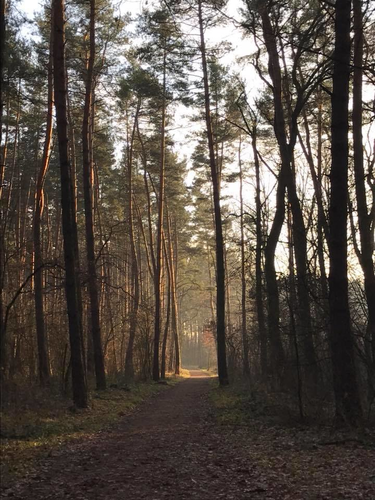"How To Teach" Shop
How To Teach is dedicated to ESL/EAL and Geography teachers as well as all professionals working in Education and not only. You'll find here: 🌍 Teaching materials for Geography ( extension for EAL learners) 🌍CLIL for Geography 📝 EAL/ESL teaching materials 📝Organisation / Productivity and Planning for everyone About me: Hi, I'm Marta - An EAL and Geography teacher 🎓BA/MA/PGCE My FREE E-COURSE on lesson planning with Google Slides 📩 https://howtoteach.co











